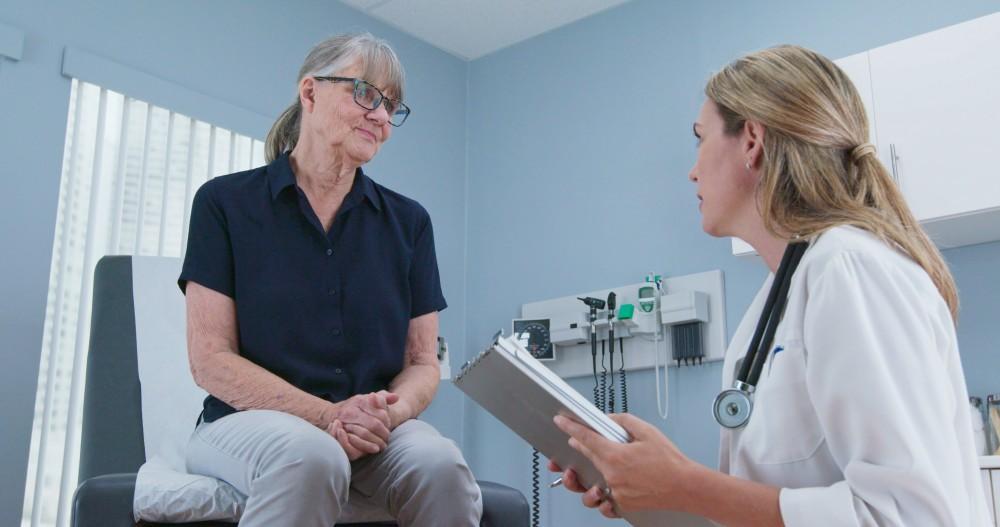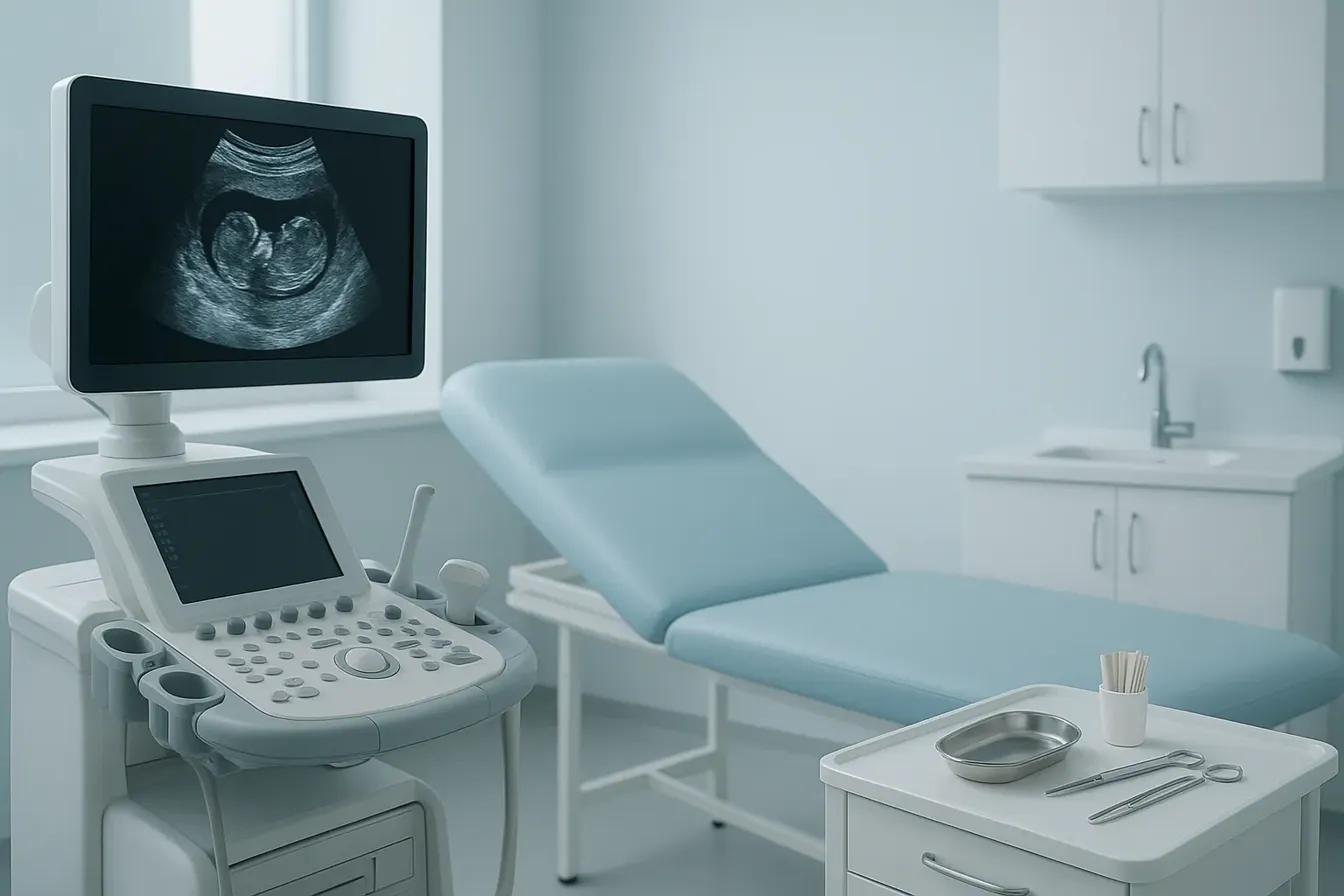Empowering Choices: The Essentials of Birth Control Counseling

A hysterectomy is a surgical treatment for advanced cervical cancer and other serious gynecological issues that aren’t manageable with nonsurgical therapies.
Because a hysterectomy isn’t appropriate for every woman, our team at Raveco Medical provides the guidance you need to make the most informed decisions about your health.
Our board-certified gynecologists help you explore all treatment options before considering a hysterectomy. If you’re a candidate for surgery, we provide minimally invasive hysterectomy procedures and the comprehensive after-care you need to heal fully.
What to know about hysterectomy
Hysterectomy involves the surgical removal of part (partial hysterectomy) or all (total hysterectomy) of the uterus and cervix. Depending on the reason for a hysterectomy, the surgeon may also remove the ovaries and fallopian tubes.
Different techniques a surgeon can use to access and remove a woman’s reproductive organs include:
Laparoscopic hysterectomy
During a laparoscopic hysterectomy, your surgeon inserts a thin, lighted instrument (laparoscope) into small incisions. The laparoscope has an attached camera that sends real-time images of your inner organs to an external monitor, so the surgeon can remove the uterus and other organs without damaging healthy tissues nearby. The minimally invasive approach of a laparoscopic hysterectomy lowers your risk for bleeding, pain, and other complications after surgery.
Vaginal hysterectomy
During a vaginal hysterectomy, your surgeon removes the uterus, cervix, and other organs through the vagina.
This minimally invasive technique requires less downtime than other procedures but isn’t an option for every woman. The shape and size of your uterus and the severity of the condition you’re treating factor into the success rate of a vaginal hysterectomy.
Abdominal hysterectomy
Abdominal hysterectomy is a more invasive surgery that requires deeper, longer incisions in the abdomen to reach the uterus and other organs.
Women who have a large uterus or a complex condition may be candidates for abdominal hysterectomy.
Reasons you might need a hysterectomy
You won’t be able to get pregnant after surgery, so if you plan to have children, other treatment options will be explored.
If your family is complete and you’re healthy enough for surgery, you may be a candidate for a hysterectomy in the treatment of:
- Endometriosis
- Uterine prolapse
- Chronic pelvic pain
- Abnormal uterine bleeding
- Large or recurrent uterine fibroids
- Gynecological cancers of the cervix, uterus, or ovaries
The decision to have a hysterectomy is a personal one, and your Raveco Medical physician helps guide you through the decision-making process. Our team also provides ongoing after-care to ensure you recover well from a hysterectomy. If the procedure involves the removal of your ovaries and you haven’t transitioned through menopause, they can prescribe hormone replacement therapy (HRT) to stabilize your estrogen and progesterone levels.
You continue to work with the Raveco Medical providers after a hysterectomy to protect your physical health and sexual wellness. We offer routine pelvic exams, cancer screenings, and the other preventive services you need to feel your best.
Call Raveco Medical in Forest Hills or Woodside, New York, today to learn more about your options for hysterectomy or book a consultation online.





.png)